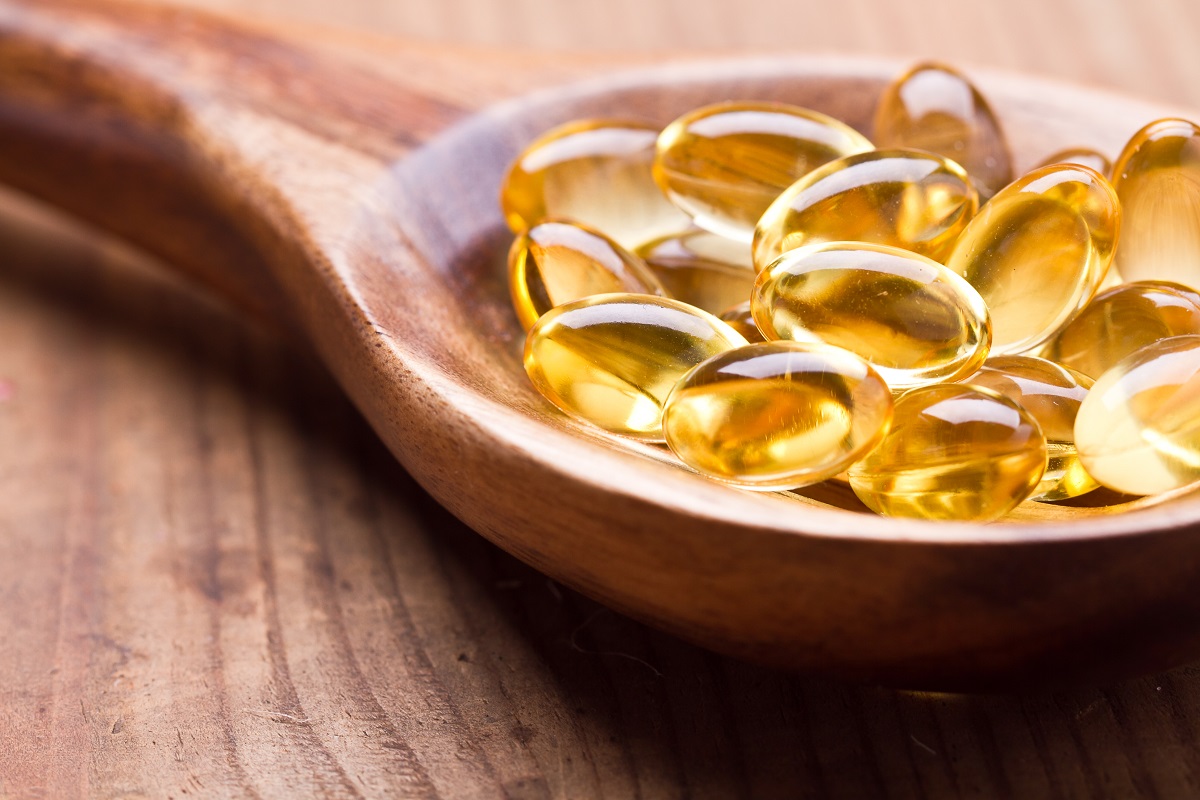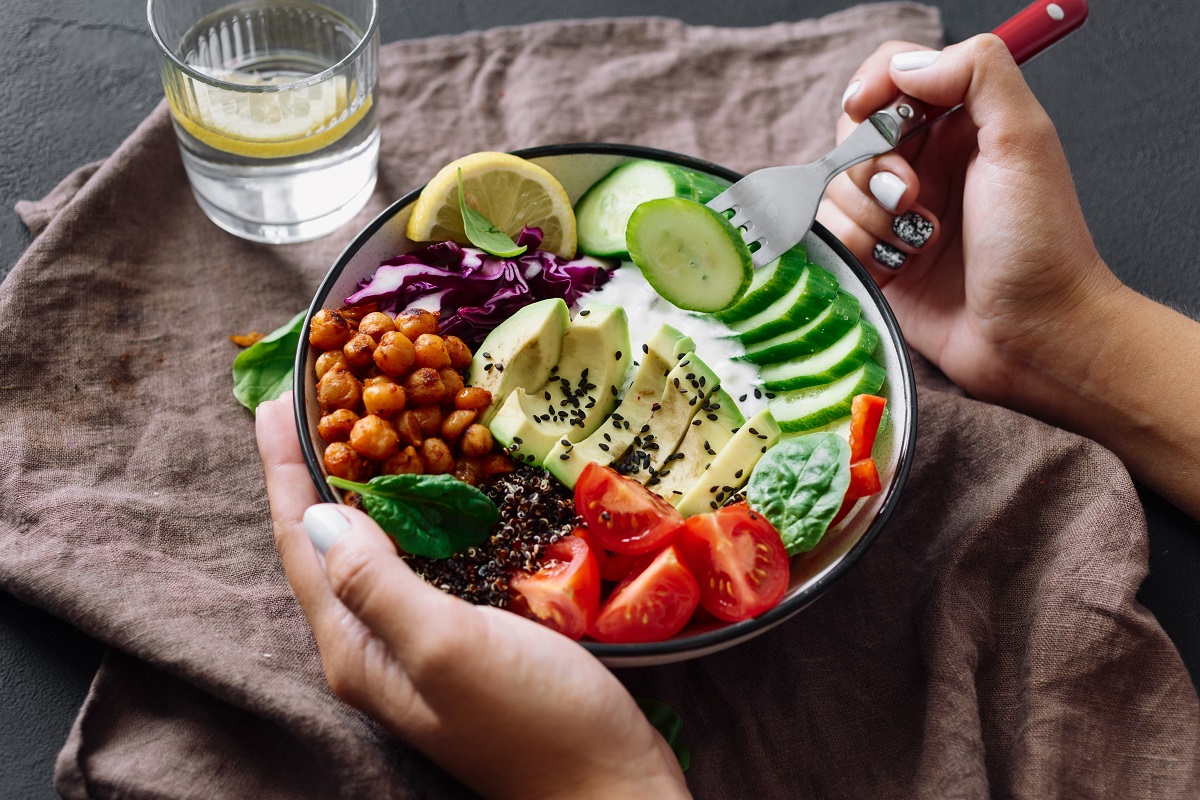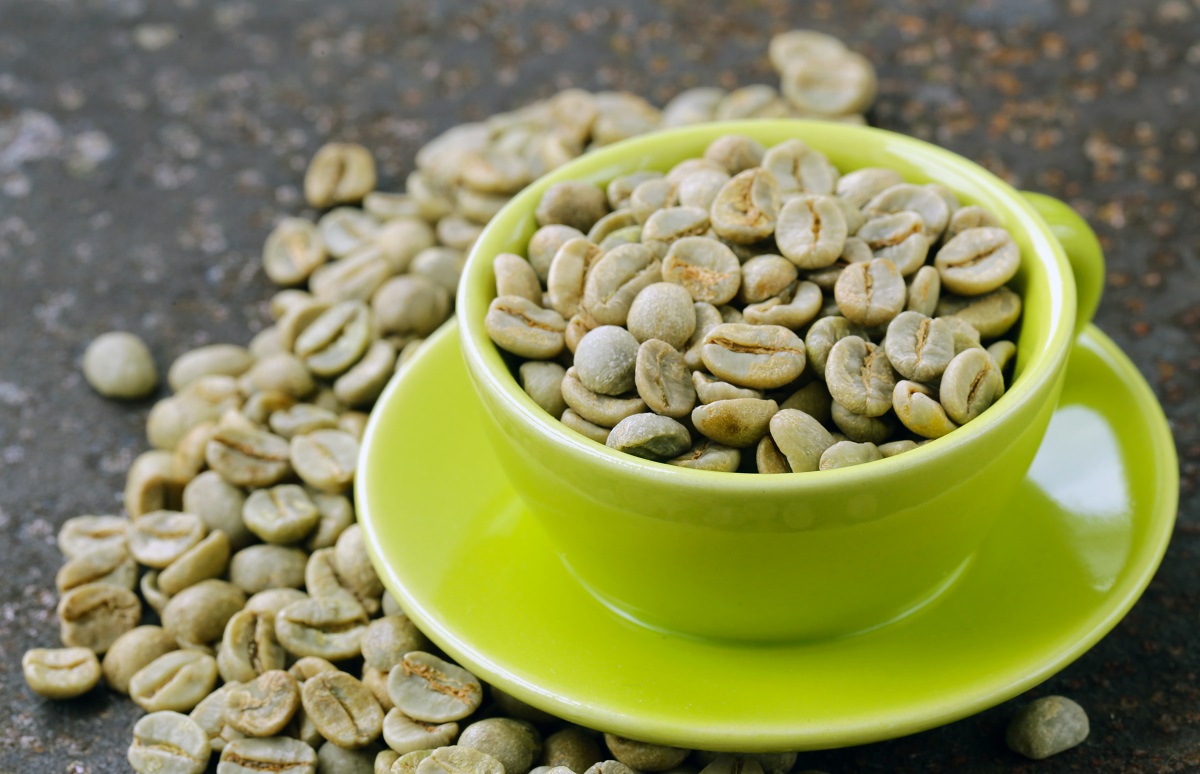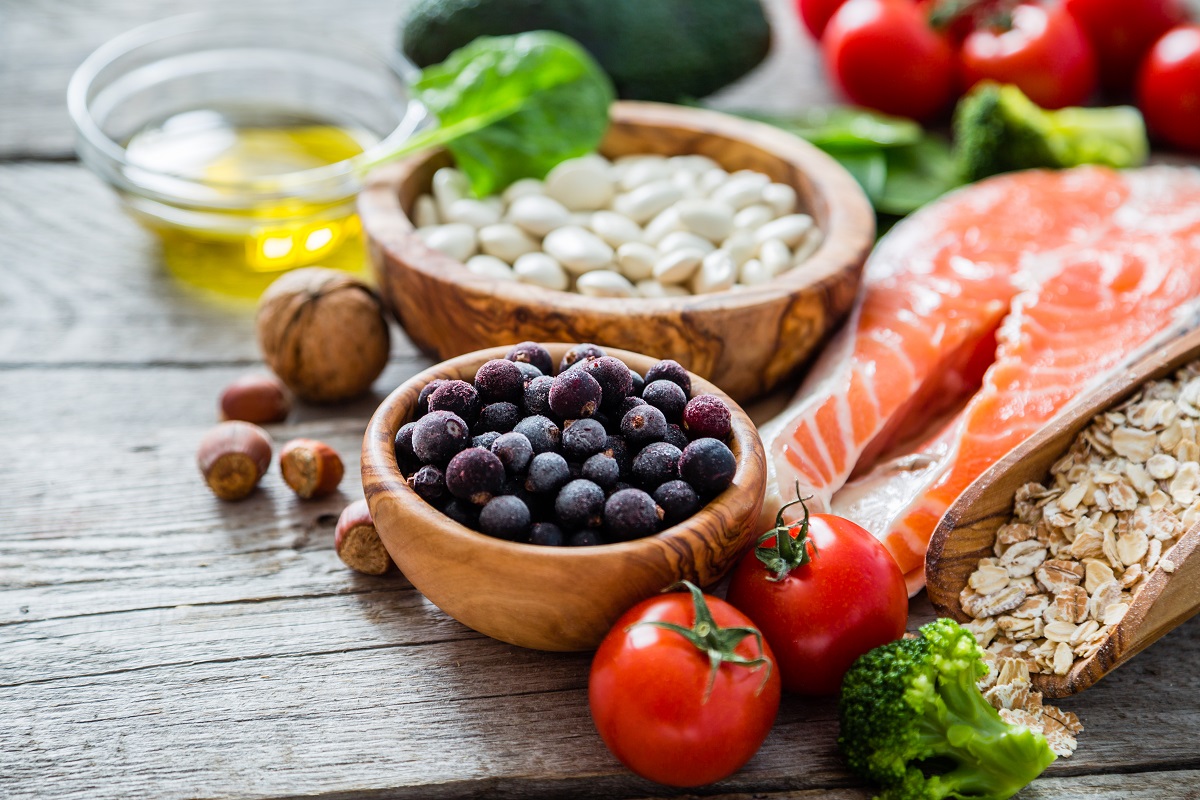When Is Omega-3 Supplementation Necessary?
August 31, 2019You’ve probably heard that it’s a good idea to get a decent amount of omega-3 fatty acids in your diet. Omega-3s are essential fats that your body can’t synthesize on its own; you can only get them in specific food sources like fish, walnuts, and leafy vegetables. But it’s not always easy to eat a balanced diet that’s rich in fatty fish, for example, which explains why omega-3 supplements have become a popular alternative for people who want to make sure they’re getting enough of these crucial fats.
However, science so far suggests that omega-3 supplementation may not be necessary for everyone. Here’s what you need to know about the supplement, and if you need it.
What are omega-3s?
Omega-3 fatty acids are a group of polyunsaturated fats. The three primary types of omega-3s are ALA (alpha-linolenic acid), DHA (docosahexaenoic acid), and EPA (eicosapentaenoic
acid). EPA and DHA mainly come from fish, while ALA is found in vegetable oils and nuts, flax seeds, leafy vegetables, and some animal fat.
Studies show that omega-3s are particularly beneficial for the heart – working to lower LDL cholesterol and also contribute to proper cell growth and brain function.
When do I need omega-3 supplementation?
While you’re typically advised to eat fish twice a week to get your omega-3s, most primary healthcare providers wouldn’t outrightly recommend for you to take supplementation. But – if they’re the same thing, why not? Well, that’s because it might not be necessary for you. Find out for sure below:
If you’re in good health
If you’re healthy and at low or average risk for heart disease, you probably don’t need an omega-3 supplement; provided that you’re eating at least two servings of fatty fish, such as salmon, tuna, or herring, of course. Getting your omega-3s from food is always preferable to a supplement. In addition to getting your required omega-3s, you’d also potentially replace the less healthful foods in your diet, such as processed foods, refined grains, and red meats.
If you’re a non-fish eater or pregnant
If you’re not into seafood, then an omega-3 supplement is something to consider. Also, don’t worry if you’re a vegan – algae-based supplements are available. Supplementing with omega-3s is especially crucial if you’re looking to conceive, or are pregnant, and can’t get sufficient fatty acids through your diet. That’s because research shows that DHA supplementation when pregnant is vital for fetal brain health and maturation. A daily 1-gram supplement could provide you with the health benefits you seek.
If you’re at risk for cardiovascular disease
A high-dose omega-3 supplementation (4 grams per day) may be advisable if you have elevated triglyceride level and a history of cardiovascular disease or have major risk factors for it. Do note that high levels of omega-3 supplementation may lead to several uncomfortable side effects such as belching, bad breath, heartburn, loose stools, and nosebleeds. Therefore, as a general thumb of rule, you should always consult your doctor if you’re looking to supplement with omega-3s to protect your heart.










